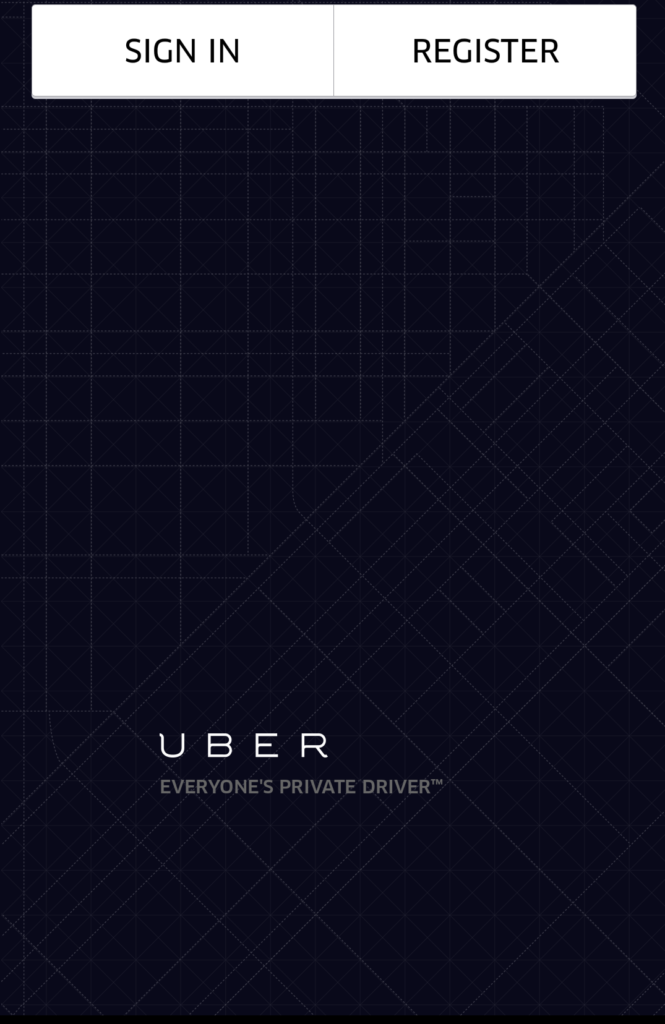This past year, the private ride-sharing company Uber has climbed its way to being a top contender in the transportation market, breaking barriers in the traditional taxi industry. Uber operates in more than 100 cities in 37 states in the US and is available in 45 countries and expanding.
Unlike other cab services, there is no dispatcher. Passengers are connected directly with their drivers via their smartphone and Uber cars arrive at the location within a few minutes of the request.
Uber competes directly with regulated taxi services in major cities, yet the company itself mostly operates outside of local, state and federal regulations on cabs. The company doesn’t go through the regular application process for establishing a cab company, or licensing and permit channels for its drivers or cars. It is illegal almost everywhere because of this. In the last few years, this has resulted in Uber bans, lawsuits and fines in almost every major city.
The transportation service’s legal problems do not end there. A slew of criminal cases against Uber drivers have also shadowed the San Francisco-based company. In many of the cases, the drivers have in some way endangered the life of a passenger, causing them to feel unsafe or threatened.
According to CBS San Francisco, on Sept. 26 an Uber driver was arrested for assaulting a passenger with a hammer in a dispute over the driver’s route, leaving the passenger seriously injured. The driver was charged with assault with a deadly weapon and battery with serious bodily injury.
On Sept. 25, a Florida Uber driver was arrested for sexually assaulting a female passenger. According to Reuters, the driver, who reportedly stuffed his hand down the woman’s shirt, admitted to the police that he touched the woman. The driver insisted that she invited the situation by dressing provocatively.
According to Fox, a driver was arrested after the Tuscaloosa police found a fourth of a pound of marijuana in baggies for distribution and an open bottle of vodka in his car. The police were undercover as part of an operation that gave citations to unlicensed Uber drivers on Sept. 11 and 12. The driver also had a suspended license.
The list goes on and on.
With so many cases like these, you have to wonder whether Uber is taking the necessary precautions to protect its customers.
A major concern with Uber, and rightfully so, is that Uber drivers are independent contractors and the cars used by drivers belong to the drivers themselves. The safety of passengers rests on drivers whose cars are not monitored or inspected like regulated cabs.
In spite of this, on its website, Uber claims that its drivers are “screened through a rigorous process we’ve developed using industry-leading standards. This includes a three-step criminal background screening for the US — with county, federal and multi-state checks that go back as far as the law allows — and ongoing reviews of drivers’ motor vehicle records throughout their time on Uber.”
Sounds reliable, right? But how can you trust a company that cuts corners and has proven time and time again that its drivers may not be as safe as guaranteed?
NBC Chicago and Los Angeles affiliates’ investigations conducted in April have proven just how flawed Uber’s background checks are. Both enlisted individuals with criminal records to apply as drivers and all were hired.
It can be argued that incidents like these can happen to anyone, anywhere, with any cab service. This is true, but only one transportation service is repeatedly, without fail, in the news for such instances.
Admittedly, Uber more efficiently gets passengers the transportation they need by capitalizing on smart phones and apps, but it cuts corners to do so. You’re better off catching a cab from a regulated service or just taking the T.
Photo courtesy Uber.









